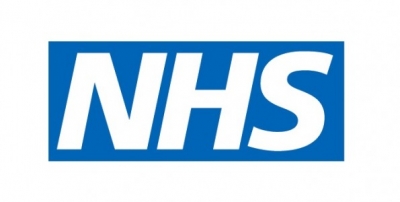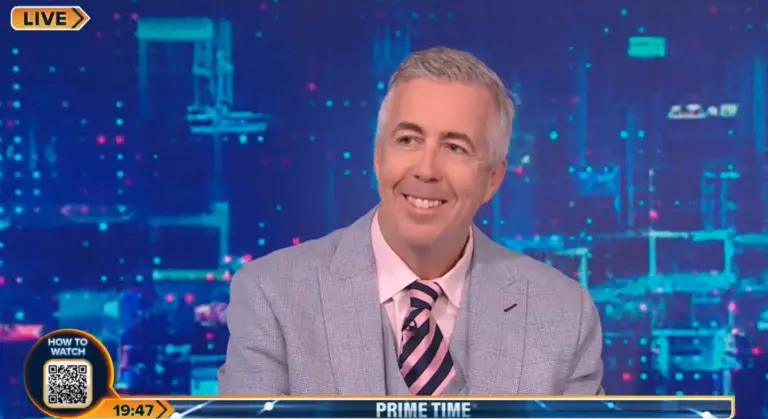Barely a day goes by without blanket national media coverage of the latest ‘crisis’ or ‘burden’ facing the NHS and its service provisions at the moment.
If we go back to 1981, there were only eight press officers in the whole of the NHS. But the world has dramatically changed since then. At a time when it needs to make savings of up to £20bn by 2015, the NHS now needs to adapt in order to meet a number of challenges.
One of the areas that is being criticised by some follows news that NHS London has spent almost £13m on PR in the last three years.
However, the below are a few thoughts on why communications and public relations should now be fundamental to creating a modern and sustainable health and social care system.
Demand for information and the changing NHS landscape
Communication is a two-way process that requires good listening and presentation skills. It is about sending and receiving messages. To get these across, you must not only send the right message, but also check it has been correctly received and understood.
Gone are the days when personal health information about your local services would come solely through your local newspaper or a visit to the family GP. With 24 hour news, online forums, social and digital media, the public now gathers its information from a range of outlets, whether it is accurate and up to date or not.
On any given day, up to three of the nation’s top stories typically involve the Department of Health, which fields upwards of 1,000 media calls a week. In an era of the Health and Social Care Bill, the Mid Staffordshire criminal investigation, efficiency savings and difficult decisions on service provision, the NHS needs communications and PR professionals to ensure all audiences get the accurate information they need and that public demand is met.
They can provide authority, and communicate to audiences through a variety of channels that ensure they are involved, informed and understand what is going on. Without them, we would know a lot less about the NHS and the services it provides.
Confidence in the NHS
In an age of openness, accountability and transparency, health and social care is one of the most complicated and emotionally charged subjects there is. Alongside A&E waiting times, there has been high-profile media coverage of the failures of NHS 111 and revelations of an alleged cover-up at industry regulator the Care Quality Commission. The Francis Report said the NHS needed to listen to patient concerns far more too.
As a result, there is a real need to deliver communications activity at all levels across the NHS and social care in order to manage the reputation of the NHS and build public confidence in services. After all, if the public doesn’t have confidence, the NHS will begin to suffer itself.
If a hospital has an issue, there is no point in waiting until it surfaces in the media. By then it is too late. You have got to be transparent and honest with the public. You can’t hide and hope that nobody notices. Failing to communicate risks reputational damage that will cost a lot more in the long run.
So it is a great opportunity for communications and PR professionals to show what they can do – whether it be proactively, reactively or creatively – to make a difference. They can use their unique exposure to persuasively articulate the strategy, performance and priorities of the NHS, in order to set the news agenda or respond to local, national and consumer media enquiries using a network of contacts they have made. They can reach and engage with stakeholders – 1.3 million staff, NHS partners, opinion formers, patients and the public – unlike anyone else.
Shifting the focus onto prevention
With an ageing population, more people are relying on the NHS. Advances in science and technology mean drugs and treatments are getting more expensive too. In order to reduce this burden, the expertise of communications and PR professionals can help shift the focus onto ‘prevention’.
This isn’t just for the benefit of the elderly; it means reaching out to all ages and social demographics to stay fit and healthy, in their own homes, in order to prevent serious illnesses such as strokes and heart disease.
Communications and PR professionals can work with clinical experts to ensure healthy living and wellbeing campaigns are put across correctly, and NHS services are used properly. Through raising awareness, these are proven to educate, save time and avoid needless public money being spent. It reduces the need for long-term care, and the possibility of more traumatic or invasive treatment.
If you want to keep all the money for health services and staff then you end up with clinicians looking after the communications. Wouldn’t you rather that they were spending the majority of their time on what they are good at – treating patients?
If you put people in charge of communicating who don’t have the right skills, experience and know-how then it’s both a recipe for disaster and a huge waste of time, money and resources. Would you let a builder have a go at sorting out your teeth? Would you want a brain surgeon to give you legal advice?
So whether you hire staff directly, or employ the services of a consultant or agency, you still need to communicate. These professionals are of real benefit in a difficult climate, and the NHS needs them now more than ever before to establish how its future will be shaped.




